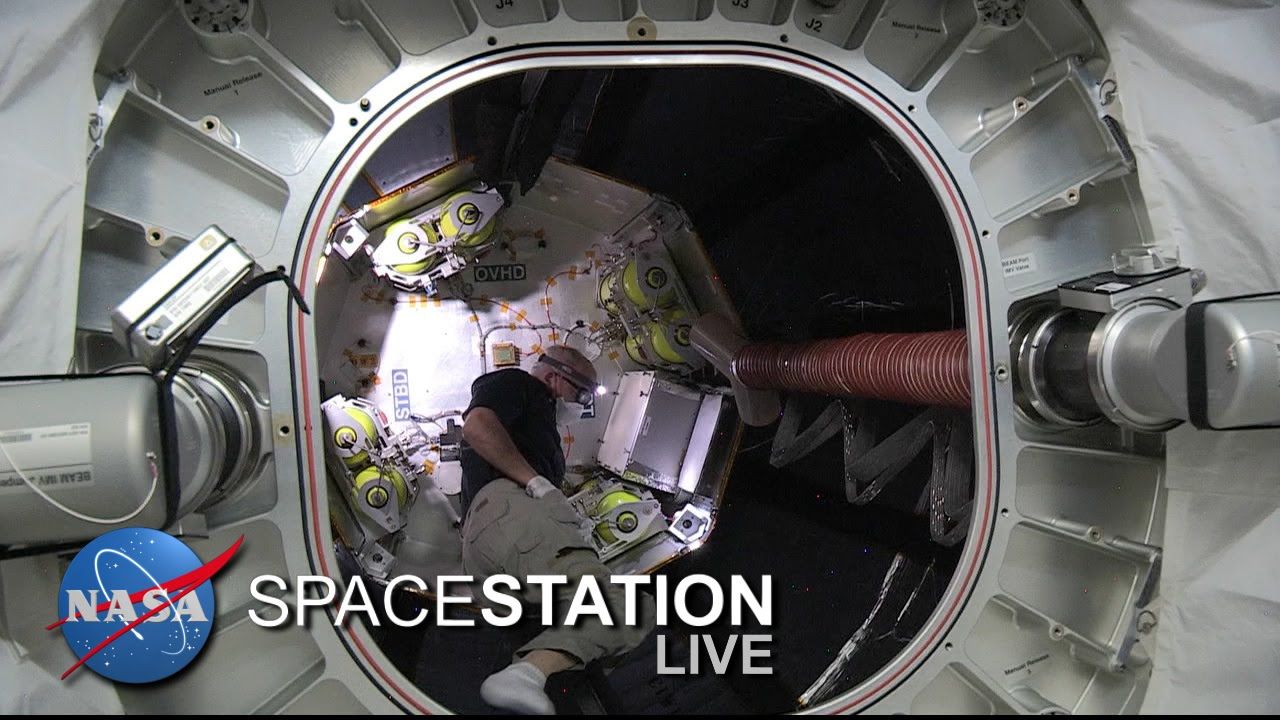Every week I’m going to explore some really interesting subjects concerning our world and advancing technologies.
How advanced disruptive technologies like AI and others are changing our world and our lives now and in the future.


SAN JUAN, Puerto Rico (AP) — U.S. scientists have wrapped up a 22-day mission exploring waters around Puerto Rico and the U.S. Virgin Islands with the deepest dives ever recorded in the region.
They found a rare shark embryo, 2-meter (7 feet) high corals and sponges with sharp edges, among hundreds of other things.
Daniel Wagner was the expedition coordinator with the U.S. National Oceanic and Atmospheric Administration. He told The Associated Press on Wednesday that scientists collected 89 samples overall and will now start to analyze them. He said scientists believe they may have found several new species, although it will take years to confirm.
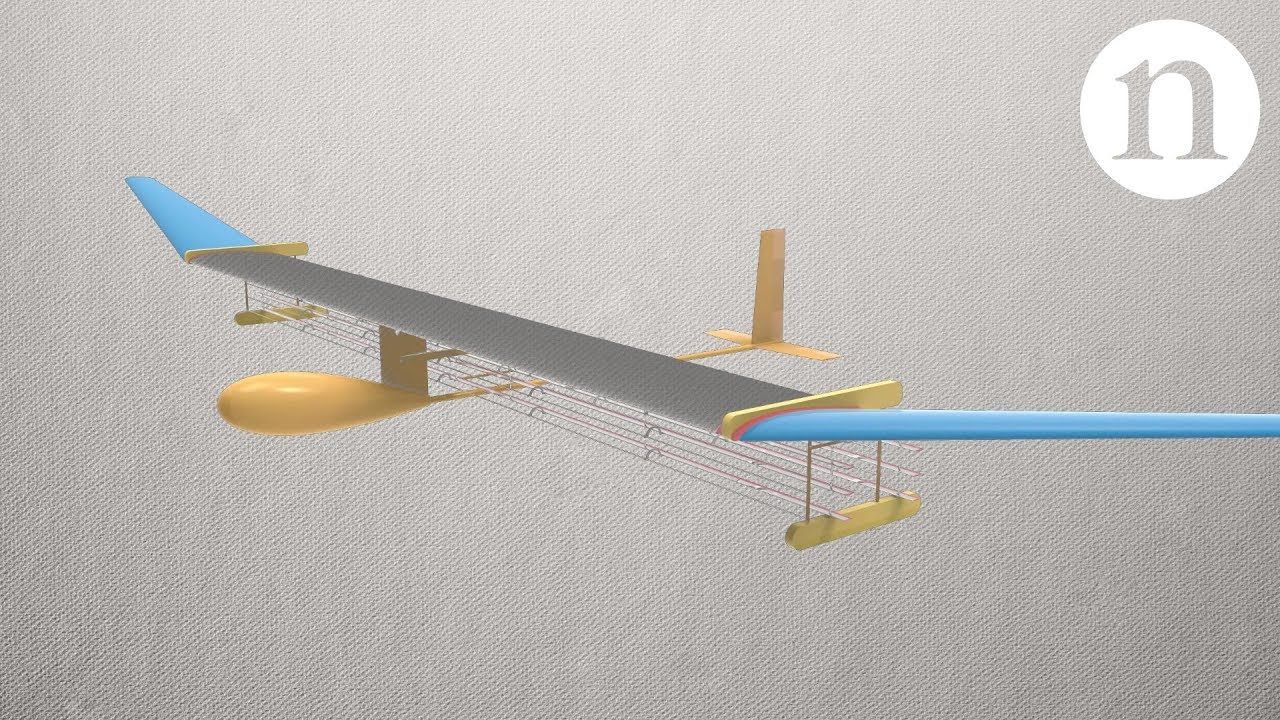
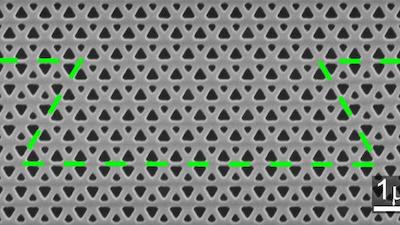

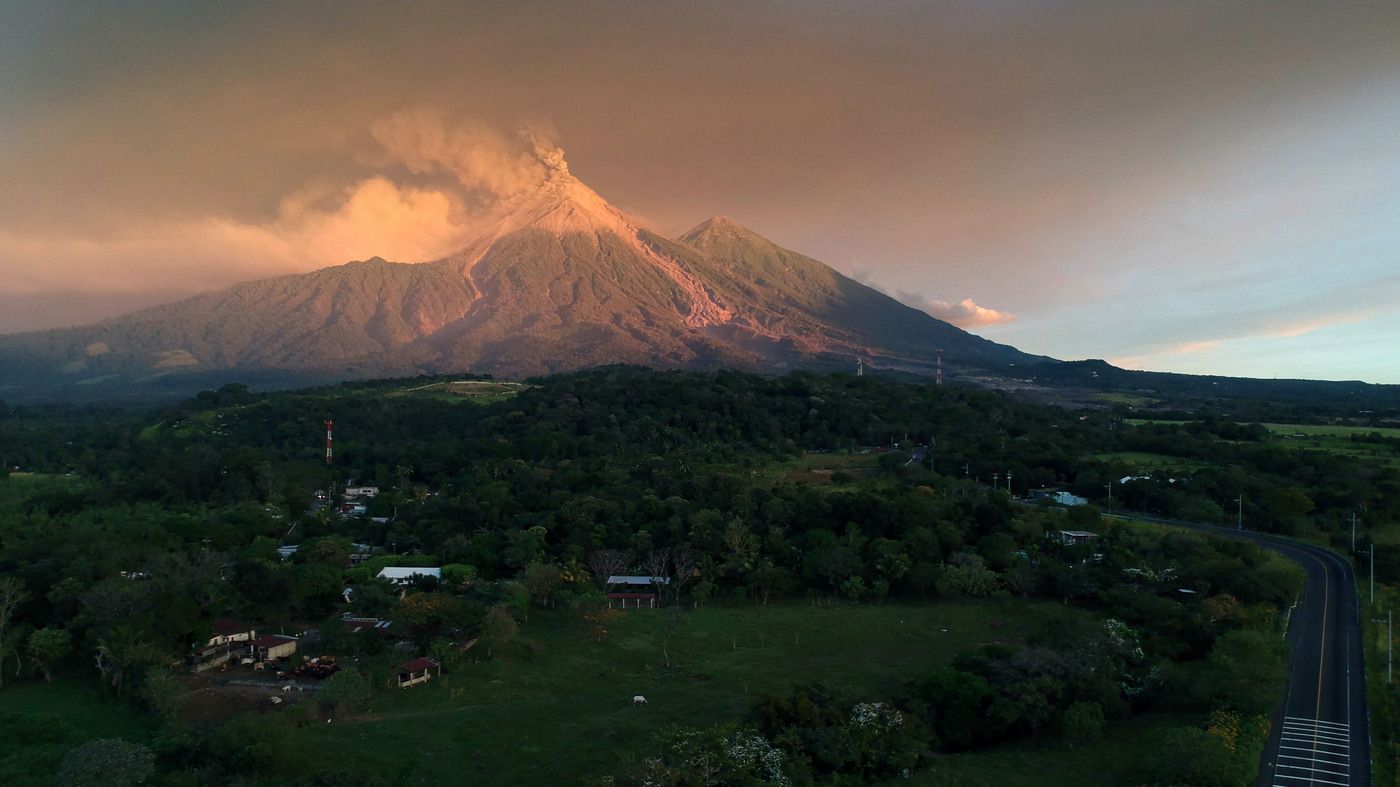

Without realizing, a new human being has been born in the brief time since WWII. He does not have the same body, does not have the same life expectancy, does not live in the same space, does not communicate in the same way, does not perceive the same outside world, no longer lives close to nature; born under epidural and with a scheduled birth, he does not face the same death, due to palliative care. He does not have the same mind as his parents and acquires knowledge differently. https://www.bbvaopenmind.com/en/the-times-of-the-global-screen-and-the-posthuman-subjectification/ https://paper.li/e-1437691924
The global screen has begun: an era in which these devices change the way we are and how we interact with the world.
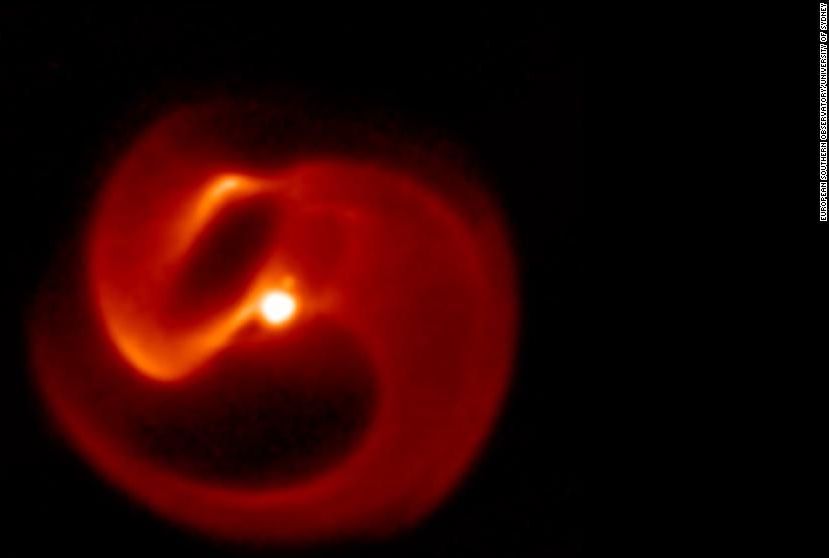
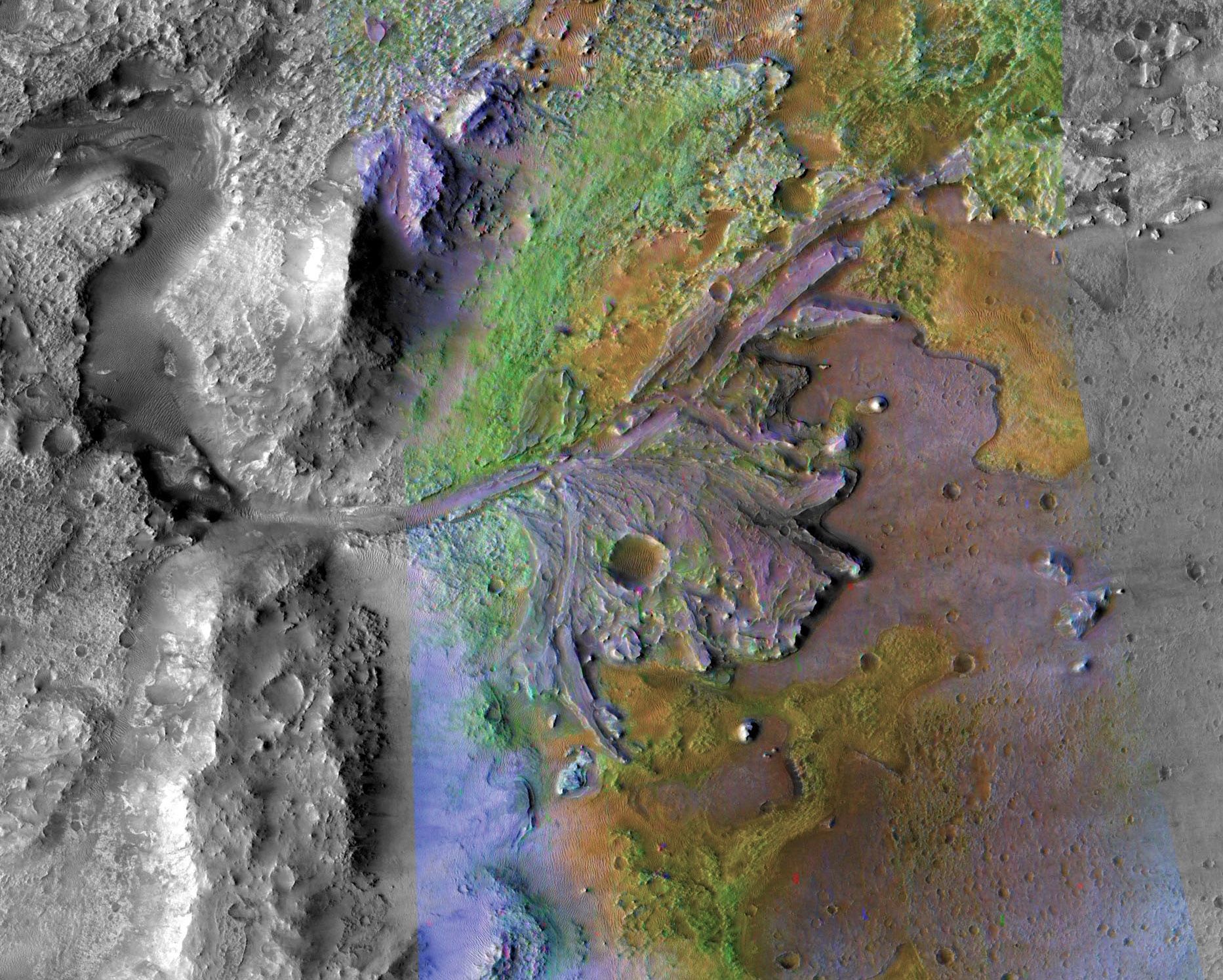
JUST IN: Jezero Crater will be the landing site of NASA’s next rover being sent to Mars in 2020. This area, with a history of containing water, may have ancient organic molecules & other potential signs of microbial life from billions of years ago.
NASA has chosen Jezero Crater as the landing site for its upcoming Mars 2020 rover mission after a five year search, during which every available detail of more than 60 candidate locations on the Red Planet was scrutinized and debated by the mission team and the planetary science community.
The rover mission is scheduled to launch in July 2020 as NASA’s next step in exploration of the Red Planet. It will not only seek signs of ancient habitable conditions – and past microbial life — but the rover also will collect rock and soil samples and store them in a cache on the planet’s surface. NASA and ESA (European Space Agency) are studying future mission concepts to retrieve the samples and return them to Earth, so this landing site sets the stage for the next decade of Mars exploration.
“The landing site in Jezero Crater offers geologically rich terrain, with landforms reaching as far back as 3.6 billion years old, that could potentially answer important questions in planetary evolution and astrobiology,” said Thomas Zurbuchen, associate administrator for NASA’s Science Mission Directorate. “Getting samples from this unique area will revolutionize how we think about Mars and its ability to harbor life.”
